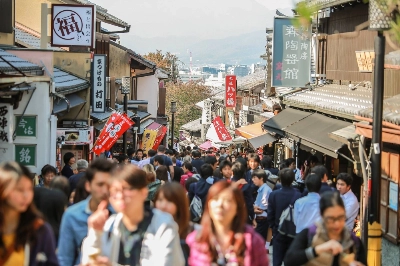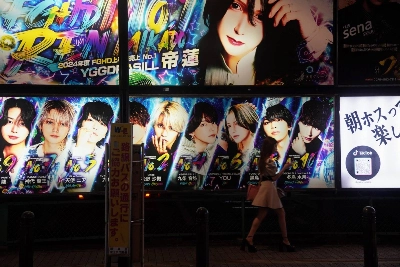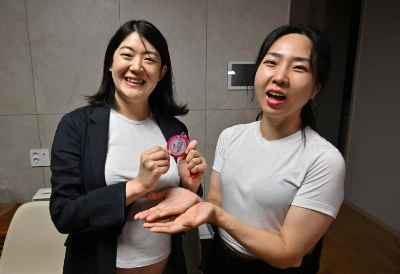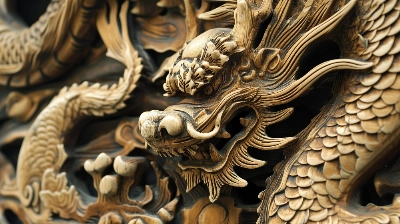Prime Minister Fumio Kishida this week visited the Middle East for a short, three-country trip that was intended to facilitate the transformation of relations with that region.
Tokyo has long depended on the Gulf states for energy supplies, a dependence that has assumed greater significance amid supply disruptions following Russia’s invasion of Ukraine.
Meanwhile, Middle East countries are eager to develop and diversify their economies, reducing dependence on oil and gas for revenue, which provides for more than half their national incomes. Japan can assist in that transition and that assistance can be the fulcrum of a new relationship for both Japan and regional partners.



















With your current subscription plan you can comment on stories. However, before writing your first comment, please create a display name in the Profile section of your subscriber account page.